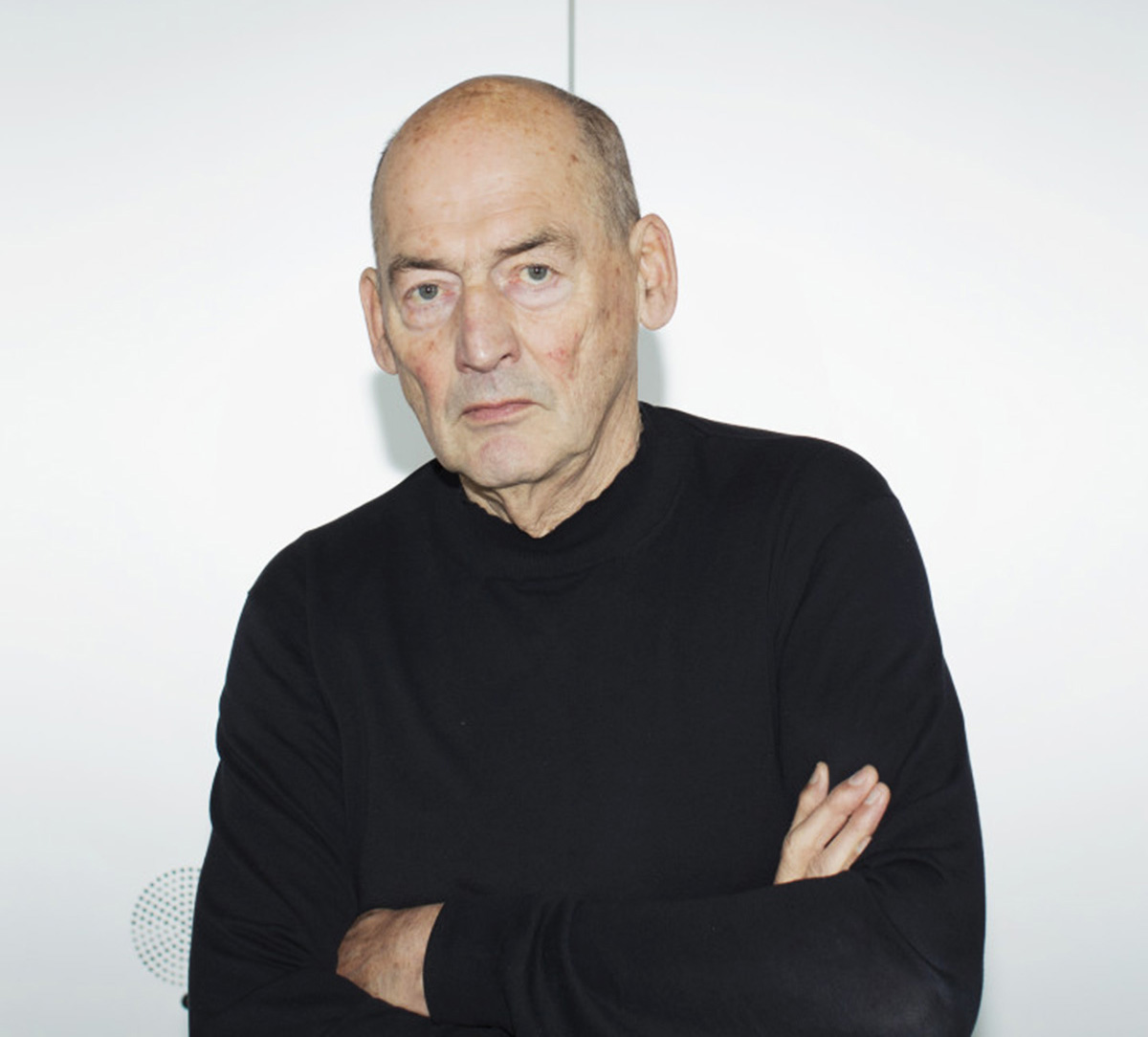Submitted by WA Contents
Digital Cities Will Create "Algorithmic Conformity" According To Rem Koolhaas
Netherlands Architecture News - Jul 11, 2018 - 05:05 20063 views

"Digital cities will create "algorithmic conformity" if future cities are designed like "cyberspaces" determined by Silicon Valley, according to the radical Dutch architect Rem Koolhaas, the founder of OMA.
"If we simply let cyberspace run its course to a future determined by Silicon Valley, those libertarian-minded engineers will paradoxically lead us to cities shackled by algorithmic conformity. It would be a neural network, yes, but one that operates in lock step," said Koolhaas.
Speaking to the WorldPost editor-in-chief Nathan Gardels, Koolhaas talked about identity, globalization and the future cities in the new digital age.
"Like many of my friends, I am a car fanatic. So we have been looking very closely at the development of self-driving cars. What we know without hesitation is that self-driving cars will only work at the price of total conformity of every member of society," said Koolhaas.
"Such a system of mobility will depend on everyone behaving with no exceptions. As exemplified by self-driving cars, there is a built-in authoritarianism in this managed space of flows we call cyberspace."
"More and more people are becoming uncomfortable with such a future."
Talking about identity affects on the cities and globalization, Koolhaas said that "it is ironic that just as people want to see a built environment that reflects who they are, what we are seeing in much of the world is that urban planning is scarcely possible because market economies are not generating the necessary funds for it."
"To the extent there was a global aesthetic developing in architecture, which would have been an international style, already in the 1980s people were critical of its inability to establish distinct identities. That is the reason postmodernism emerged. It both embraced a global aesthetic yet resisted it by mixing it with vernacular styles."
"That is why I said postmodernism would be the style of the generic city."
Read the full interview on the Washington Post
Top image: Rem Koolhaas. Image © Fabrizio Albertini
> via The Washington Post
